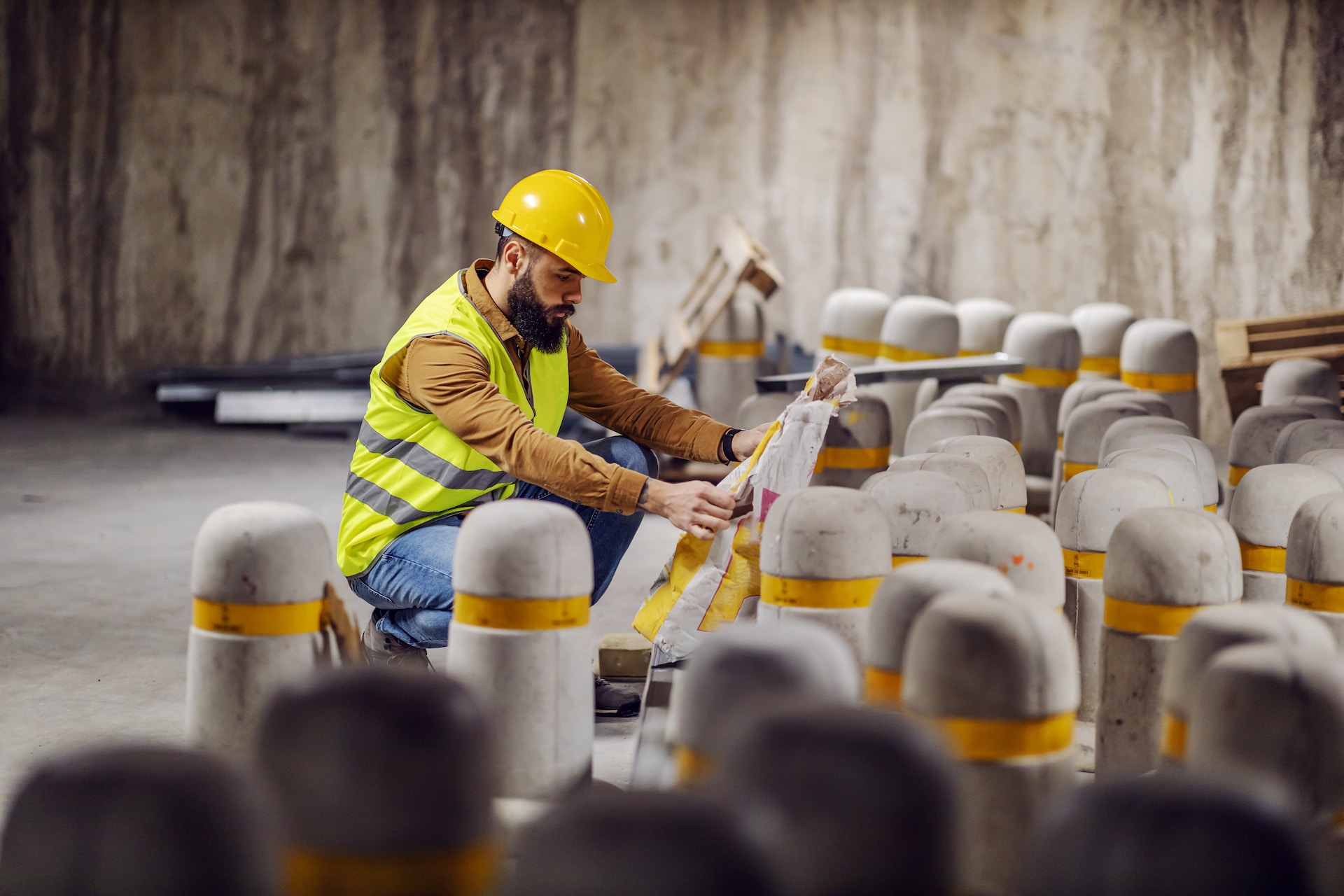Mental health and well-being are critical factors in maintaining a healthy and productive workforce but are often overlooked in the demanding and challenging environment of the construction industry. With high workloads, tight deadlines, and physically demanding tasks, construction workers may experience considerably increased levels of stress compared to other industries. Furthermore, societal stigma around mental health issues often leads to underreporting, inadequate support, and even retaliation towards those struggling with their mental well-being. In this comprehensive blog post, we will discuss the crucial issue of mental health in the construction industry, focusing on identifying stressors, promoting well-being, and supporting employees.
At CR Training, we understand the importance of maintaining a mentally healthy workforce in the construction industry. Our team of experts is dedicated to offering professional training and consultancy services aimed at equipping businesses and their employees with the tools to manage mental health effectively in the workplace. In this post, we will guide you through the process of improving mental health awareness and support in your organisation, from recognising the common stress factors in the construction sector to implementing practical measures that support employee well-being.
In subsequent sections, we will delve into critical aspects of mental health care in the construction industry, addressing the role of employers in fostering a supportive working environment and offering guidance on practical interventions to promote mental health. By incorporating these insights into your approach to employee well-being, you can create a healthier, more resilient, and productive workforce, strengthening the foundations of your construction business.
Identifying Stressors in the Construction Industry
To effectively address mental health and well-being within construction projects, it is essential to identify and understand the factors contributing to increased stress levels among employees. Some common stressors in the construction industry include:
1. Long working hours and tight deadlines
2. Difficult working conditions
3. Physical demands and risk of injury
4. Job instability and financial pressures
By recognising these stressors, employers can devise targeted interventions to address them and mitigate their impact on employees’ mental health.
Promoting Mental Health and Well-Being: Employer Strategies
Construction businesses must play an active role in supporting their employees’ mental health and well-being. Some strategies employers can implement to foster a supportive and nurturing working environment include:
1. Encourage open communication
2. Offer flexible working arrangements
3. Provide training and support
4. Ensure appropriate workload distribution
5. Facilitate access to professional help
Encourage Open Communication
Fostering a work culture where employees feel comfortable discussing their mental health and well-being challenges is crucial. Encourage open lines of communication, allowing workers to share their concerns without fear of judgment or retaliation. Regular check-ins and performance reviews can help maintain an ongoing dialogue on mental health matters.
Offer Flexible Working Arrangements
Adjusting work schedules to accommodate personal needs can significantly reduce stress and improve the work-life balance. Flexible working arrangements, such as remote work or altered shift timings, can help employees manage their mental health without compromising their professional obligations.
Provide Training and Support
Equip your workforce with the skills and knowledge needed to manage their mental well-being effectively. Offering training programs on topics such as stress management, resilience building, and mindfulness techniques can empower employees to cope with workplace challenges and maintain optimal mental health.
Ensure Appropriate Workload Distribution
Workers who consistently feel overwhelmed by excessive workloads are more likely to experience burnout, impacting their mental well-being and productivity. Ensuring that workloads are distributed fairly and reasonably can mitigate this issue while promoting a sense of accomplishment and job satisfaction.
Facilitate Access to Professional Help
Construction businesses should facilitate access to professional mental health services, either through in-house resources or Employee Assistance Programmes (EAPs). Offering convenient and confidential access to mental health support services can encourage workers to seek help when needed and ensure that they receive appropriate care and guidance.
Supporting Employees: Mental Health First Aid and Peer Support
In addition to implementing strategies at an organisational level, businesses in the construction industry can further support employees by promoting mental health first aid and peer support initiatives. These initiatives involve training designated staff members to recognise signs of mental health issues and providing support and guidance to their peers.
Mental Health First Aid
Mental health first aiders are trained to identify early signs of mental health challenges, offer initial assistance, and guide employees towards professional help if needed. Integrating mental health first aid into your workforce ensures that employees have a point of contact for mental well-being issues and can also help destigmatise mental health conversations in the workplace.
Establishing Peer Support Networks
Peer support networks provide valuable opportunities for employees to share their experiences and coping strategies with colleagues facing similar challenges. Encouraging the development of workplace peer support groups can facilitate mutual understanding and empathy among team members and foster a supportive work environment where employees feel valued and cared for.
Conclusion
Managing mental health in the construction industry is paramount to ensuring a healthy, productive, and resilient workforce. Identifying stressors, implementing employer strategies, and promoting mental health first aid and peer support initiatives are crucial steps towards addressing this critical issue. By embracing a proactive approach to employee well-being, construction businesses can not only safeguard their workers’ mental health but also enhance productivity, job satisfaction, and overall business success.
CR Training offers a range of professional training and consultancy services tailored to the unique challenges of the construction industry, including mental health and well-being courses. By partnering with us, you can equip your workforce with the knowledge, skills, and resources necessary to manage mental health effectively and contribute to a safer, healthier, and more productive working environment. Invest in your employees’ well-being and secure the future success of your construction projects with CR Training. For first aid training in Edinburgh and more, contact us today!




